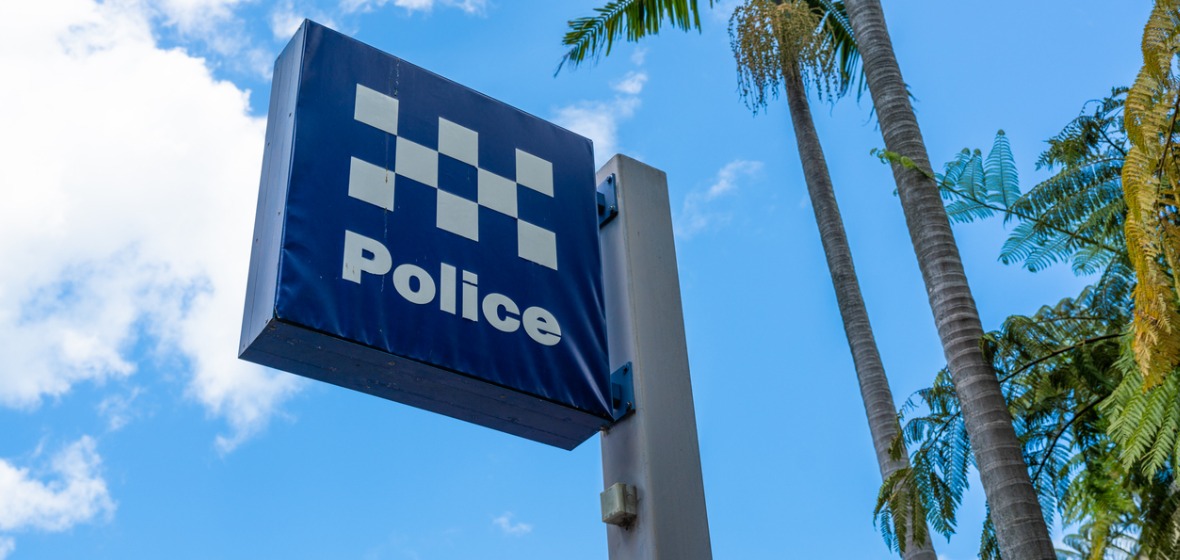Former NSW Police Commissioner Mick Fuller and the NSW Police are facing a formal complaint over their “heavy-handed approach” in issuing more than 60,000 COVID-19 fines between March 2020 and September 2022.
Redfern Legal Centre (RLC) and the Public Interest Advocacy Centre (PIAC) have urged the Law Enforcement Conduct Commission (LECC) to investigate potential misconduct stemming from Fuller’s directives given in an internal video for NSW Police.
The video, published by the Sydney Morning Herald, directed officers to prioritise issuing tickets over exercising discretion, to take a strong enforcement approach and go to high levels of enforcement. Officers were also told that they would not be held accountable for incorrect fines.
Approximately 80 per cent of the total fines issued were made between July and September 2021 under Fuller’s directives.
Camilla Pandolfini, the CEO of RLC, stated that the substantial number of fines issued indicate that NSW Police officers neglected their duty to make appropriate discretionary decisions and instead resorted to issuing fines by default.
“During the pandemic, Redfern Legal Centre provided advice to hundreds of people who were issued with a COVID fine,” said Pandolfini.
“Many of these fines were subsequently withdrawn by Revenue NSW after the Supreme Court found that the fines were invalid,” she said.
Jonathon Hunyor, the CEO of PIAC, argued that Fuller’s approach may have been unlawful and could potentially constitute maladministration.
“NSW Police opted for a punitive approach at a time when communities were struggling with changing public health orders and the impacts of a global pandemic,” said Hunyor.
“We are asking the LECC to closely scutinise what look like unreasonable and oppressive tactics employed by police and their heavy impact on people already facing disadvantage,” he said.
NSW Police opted for a punitive approach at a time when communities were struggling with changing public health orders and the impacts of a global pandemic.
Jonathon Hunyor, CEO of PIAC
The organisations assert that NSW Police’s actions had a particularly detrimental effect on disadvantaged groups. This includes people experiencing homelessness, people with a mental illness or disability and people from culturally and linguistically diverse backgrounds.
Pandolfini explained that the fines caused a lot of distress to members of the community experiencing disadvantage.
“Some of our clients were as young as 12 years old when NSW Police officers issued fines to them,” said Pandolfini.
“Parents called us, in tears, unable to pay the fines issued to their young children,” she said.
“People experiencing homelessness, with significant mental health conditions, or returning home from their shift as health workers were fined by NSW Police. Many of these people were not actually in breach of the directions.”
Areas with large First Nations populations and socio-economic challenges were hit the hardest. From 1 July 2020 to 10 October 2021, the areas with the highest number of COVID fines issued per capita were Walgett, Brewarrina, Wilcannia, Coonamble, Bourke, Goodooga, Warren, Collarenebri, Moree, and Mt Druitt.
The Centre for Crime Law and Justice analysed the data and determined it indicates an “overrepresentation of socio-economically disadvantaged suburbs and towns”.
The LECC has been urged to assess whether the police acted unfairly and unreasonably in issuing fines without considering whether individuals had committed an offence or had a valid reason for their actions.
Hunyor further stated that heavy-handed policing was too common during periods of social challenges such as the COVID pandemic.
“It’s important [NSW Police] are closely scrutinised by bodies like the Law Enforcement Conduct Commission so police are not operating with impunity,” said Hunyor.




